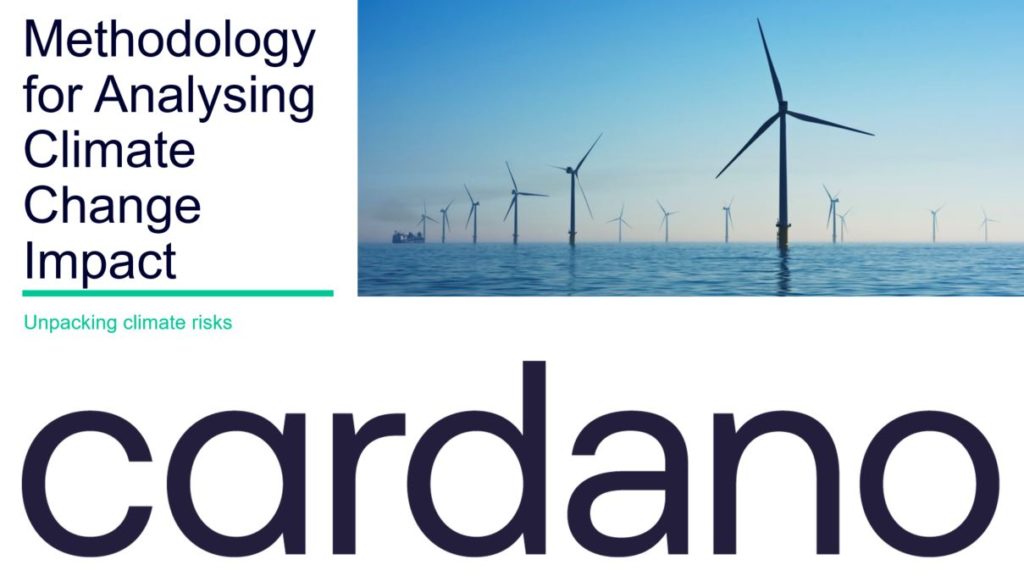MACCI: Model today for the risk of tomorrow
Understanding the exposure of the employer covenant to climate change
Climate change, and the world’s response to it, is expected to have a fundamental impact on sponsors. Most if not all sponsors will likely be exposed to climate-related risk in some form.
However, despite the eminent risks, the impact on the employer covenant that could occur due to climate change is often not considered in detail by trustees or sponsors, potentially due to:
- the complexity of the issue which can make it daunting
- a lack of accessible information which can make it difficult to grasp
- prioritisation of the immediate challenges trustees are faced with when managing a scheme and the heavy schedule of decisions that need to be made in the short-term and medium-term.
MACCI: Our award winning tool explained
Climate risk, the employer covenant and regulation
Following its consultation in August 2020, the Department for Work and Pensions (DWP) has made a number of changes to its proposals to improve the governance and disclosure of climate change risks by pension schemes.
The updated proposals will require trustees to be pioneers in providing climate-related disclosures, prior to a wider review in 2023. One of the key aspects in these updated disclosures is a recognition of the pivotal role that covenant plays in determining member outcomes, and that these new requirements should extend to considering the impact of climate change on the employer covenant.
Trustees are guided to understand the impact of climate change on the employer covenant through consistent scenario analysis across covenant, funding and investments.
With MACCI, trustees can begin to model today for the risks of tomorrow
We have worked with leading academics to develop MACCI (Methodology for Analysis Climate Covenant Impact), a scenario-focused solution that breaks down the complexity of climate change by drawing on extensive academic literature and leading climate change thinking to help trustees understand the following:
- What risks could materialise? Are these climate risks (e.g. weather events) or transition risks (e.g. social change)?
- Where are these risks likely to develop?
- In what climate change scenario are these risks most prominent?
- How will these risks impact on all aspects of the sponsor’s value chain?
- How extensive will the impact be from supply through to the consumer end-market?
- Is it possible for the employer to mitigate those risks?
- Overall, how robust is the employer covenant in the face of these risks?
Our proprietary methodology and model assess the risks to every country across the globe and maps these risks to the location of the sponsor’s supply chain, operations and end markets to identify areas of primary concern. We have designed our approach with the intention that all stakeholders can understand the key aspects and concerns.
By distilling the process in this manner, we are able to highlight specific risks for sponsors, where other approaches might only note broader or ‘sector relative’ concerns through a rating or score.
Which schemes should use MACCI?
MACCI has been developed such that the analysis required can be scaled up or scaled down, depending on the level of climate risk exposure of the sponsor, or circumstances of the scheme.
DWP proposals require trustees to consider the impact of climate change ‘as far as they are able’, and the flexibility in-built within MACCI enables trustees of all schemes to consider whether their covenant may be at risk from climate change.
Our approach can work alongside existing advisors to provide integrated guidance in this specialist area.
How to find out more about MACCI
We believe that MACCI is the ‘first of its kind’ and will facilitate trustees understanding the exposure of their employer covenant, together with guiding focus on the areas of highest concern so that targeted and relevant actions can be taken, when necessary.

For a copy of our Methodology Report or if you have any questions:

